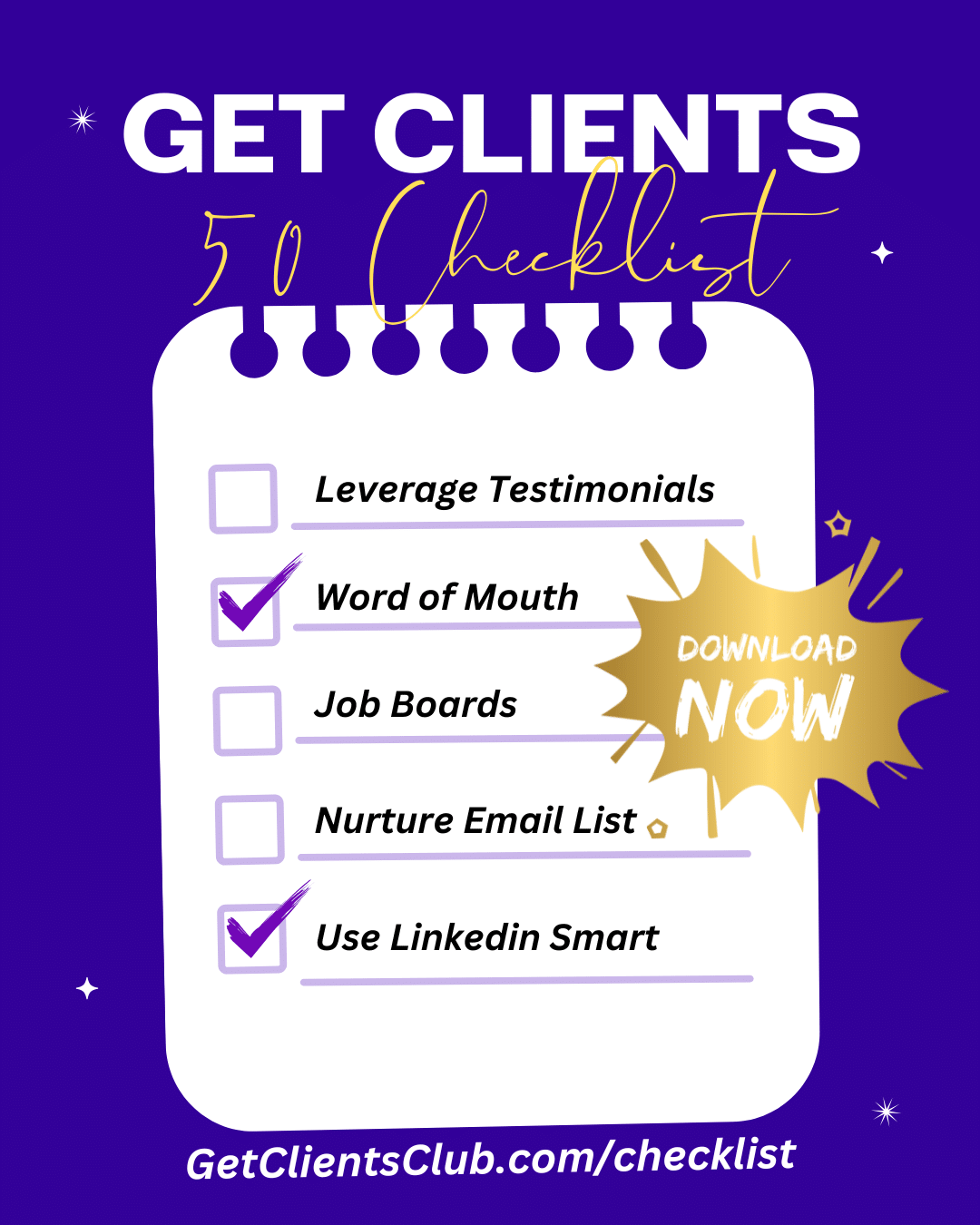Contributed by Ruth Martin
You see an RFP that matches your services. You receive an email inquiry asking if you can handle a certain task. Before hitting REPLY you need to Stop! . . . Pause. . . Do some background research.
Check them out.
Take the time to get to know your next prospective client. You’ll be glad you did. This extra step can make the difference between getting the client, avoiding a scam, and getting a timely payment. Always learn who you may be working with before sending a reply.
Put on your internet researcher hat and get ready to use Google to the fullest. Search the individual’s name, business name, and email address for starters. Depending on the amount of information you learn you may want to consider reviewing their affiliations, social media sites, and possibly the Better Business Bureau.
Have you stumbled upon any articles they have written or that have been written about them?
What kind of business it is?
Are you familiar with the various services/products being offered?
Beginning to get a clearer picture of who this individual is?
Do they still appeal to you or are you finding that they may not be your ideal client?
I understand, it seems like a lot of research merely to answer an RFP or an inquiry that may or may not yield work. But, what you gain from doing background research can give you a real edge when responding. More importantly, it demonstrates your desire to dig in and learn about them, showing you’re the type to be invested in what they are doing and the direction they are moving. The rewards that come in knowing the details and other business specific tidbits WILL make you stand above any other responses that are received.
It’s perfectly acceptable to mention that you visited their website and comment about something that stood out to you. Mentioning elements about their business in your response will demonstrate that you’ve done your homework, have a genuine interest, and are ready to get serious about joining efforts with them.
And, if you learn some data that makes this one a less-than-ideal match for you, well, it’s better to know this now rather than later on. Either way, it’s a win-win situation for you.
How often do you do a little background research? Tell me what you Google search.





